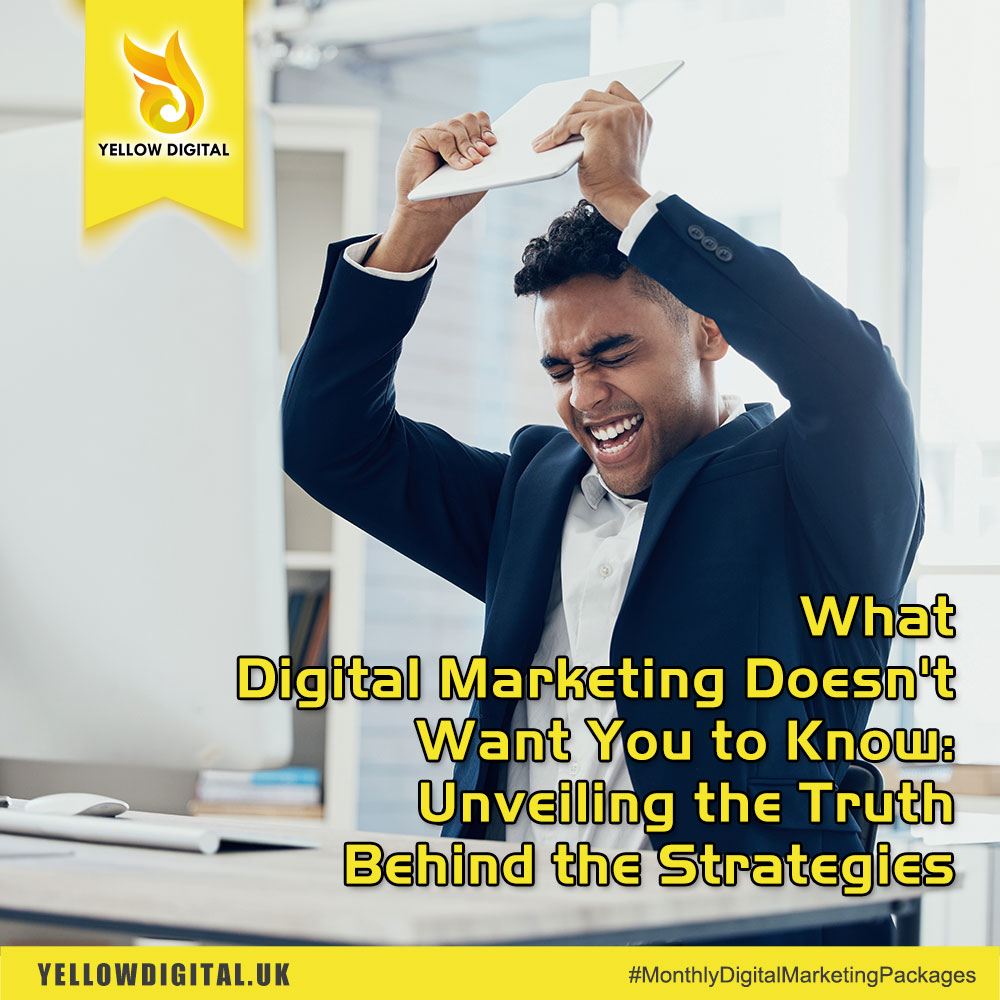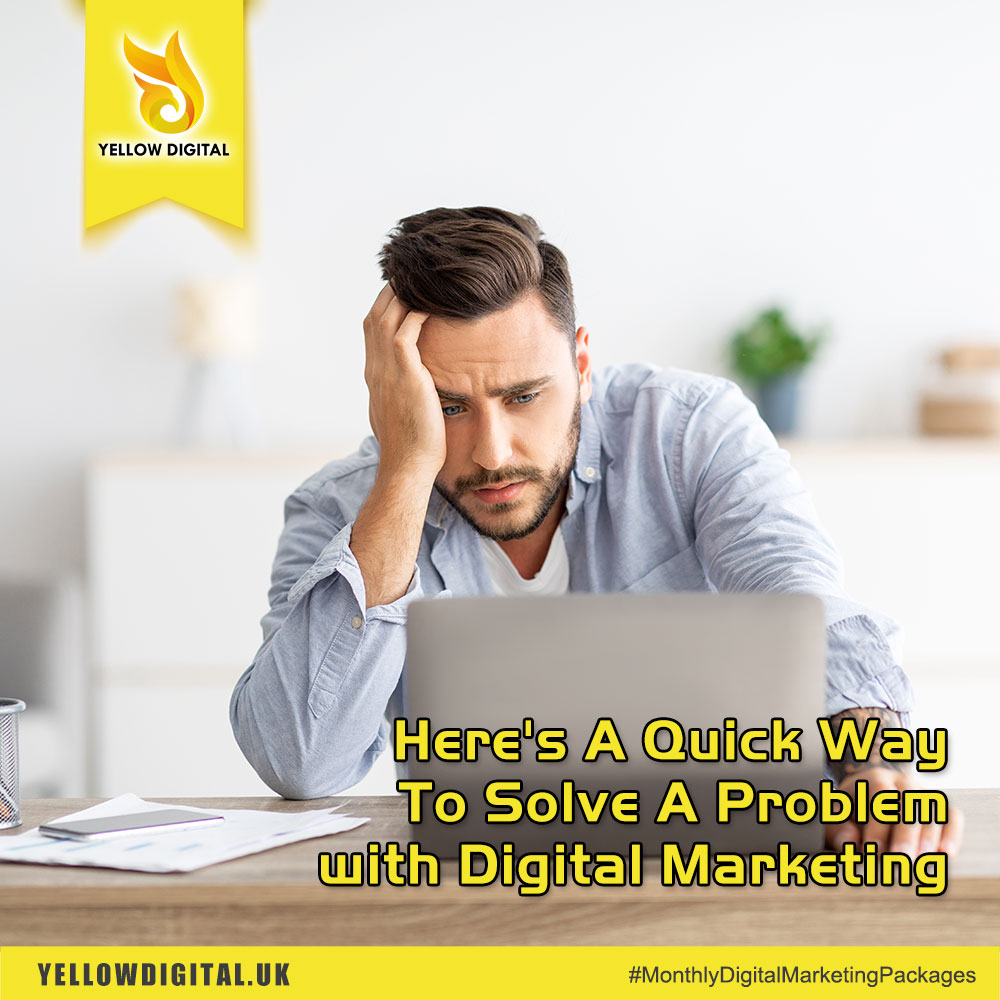In the fast-paced and ever-evolving world of digital marketing, content marketing has emerged as a foundational strategy for businesses seeking to achieve digital success. As consumers become increasingly discerning and ad-weary, businesses must shift their approach from traditional advertising to providing valuable and relevant content. Content marketing enables brands to connect with their target audience on a deeper level, build trust, and establish authority in their industry. In this article, we will explore why content marketing is essential for digital success and how businesses can leverage it to achieve their marketing goals.
1. Building Brand Awareness and Visibility
Content marketing is a powerful tool for building brand awareness and increasing online visibility. By creating and distributing valuable and informative content, businesses can capture the attention of their target audience and introduce their brand to a wider audience. Consistent and high-quality content positions the brand as an industry authority, increasing its credibility and visibility in search engine results.
Content marketing also allows businesses to leverage various platforms and channels to reach their audience. Whether through blog posts, social media, email newsletters, or video content, businesses can connect with their audience where they spend the most time online, increasing the chances of brand recognition and recall.
2. Establishing Authority and Thought Leadership
One of the key benefits of content marketing is its ability to position a brand as a thought leader in its industry. By consistently providing valuable insights, expert knowledge, and informative content, businesses can establish themselves as authorities in their respective fields. This builds trust with their audience, making them more likely to choose the brand over competitors.
Thought leadership not only benefits the business’s reputation but also creates a loyal and engaged audience. Customers are more likely to follow and engage with a brand that consistently offers valuable content and unique perspectives.
3. Driving Organic Traffic and SEO Benefits
High-quality and relevant content are crucial for search engine optimization (SEO). Search engines reward websites that provide valuable content to users by ranking them higher in search results. By optimizing content with relevant keywords and addressing common user queries, businesses can improve their organic search rankings and drive more traffic to their website.
Content marketing also contributes to link-building efforts. Valuable and shareable content is more likely to be linked to by other websites and influencers, further boosting the website’s authority and visibility in search engines.
4. Nurturing Leads and Driving Conversions
Content marketing plays a significant role in lead generation and nurturing. Through informative and engaging content, businesses can attract potential customers and guide them through the buyer’s journey. Content tailored to different stages of the sales funnel allows businesses to address customer pain points, answer questions, and showcase their products or services.
Nurturing leads with valuable content builds trust and confidence in the brand, making prospects more likely to convert into paying customers. Content marketing can also support sales efforts by providing sales teams with content assets to share with leads during the sales process.
5. Enhancing Customer Engagement and Loyalty
Content marketing fosters deeper engagement with customers, creating a loyal and satisfied customer base. Regularly sharing valuable content keeps customers informed and engaged, encouraging them to interact with the brand and share their experiences with others.
Through content marketing, businesses can also provide ongoing support and educational resources to their customers. Useful guides, tutorials, and troubleshooting content not only enhance the customer experience but also reduce support inquiries and improve customer satisfaction.
6. Personalization and Targeting
Content marketing allows for personalized and targeted messaging, ensuring that content reaches the right audience. Through audience segmentation and analysis, businesses can deliver content that resonates with specific customer segments, increasing the likelihood of engagement and conversion.
Personalization can extend to email marketing, where businesses can tailor content based on user preferences and behaviors. This level of customization enhances the overall customer experience and strengthens the relationship between the brand and its audience.
7. Measurable Results and ROI
One of the significant advantages of content marketing is its ability to be measured and analyzed. With various analytics tools available, businesses can track the performance of their content, including website traffic, engagement metrics, conversion rates, and return on investment (ROI).
This data-driven approach allows businesses to identify which content resonates most with their audience, helping them refine their content strategy for better results. Content marketing’s measurable nature ensures that businesses can optimize their efforts to achieve the highest return on investment.
Conclusion
Content marketing is a fundamental strategy for digital success in the modern marketing landscape. It allows businesses to build brand awareness, establish authority, drive organic traffic, nurture leads, enhance customer engagement, and achieve measurable results. By providing valuable and relevant content, businesses can connect with their target audience on a deeper level, fostering trust and loyalty.
In a world where consumers are bombarded with advertisements, content marketing offers a refreshing approach that focuses on providing value to the audience rather than a hard sell. Embracing content marketing as a central pillar of the digital marketing strategy is essential for businesses seeking to thrive in the digital era. By investing in high-quality and relevant content, businesses can set themselves apart from the competition, create meaningful connections with their audience, and achieve long-term success in the dynamic and ever-evolving world of digital marketing.




